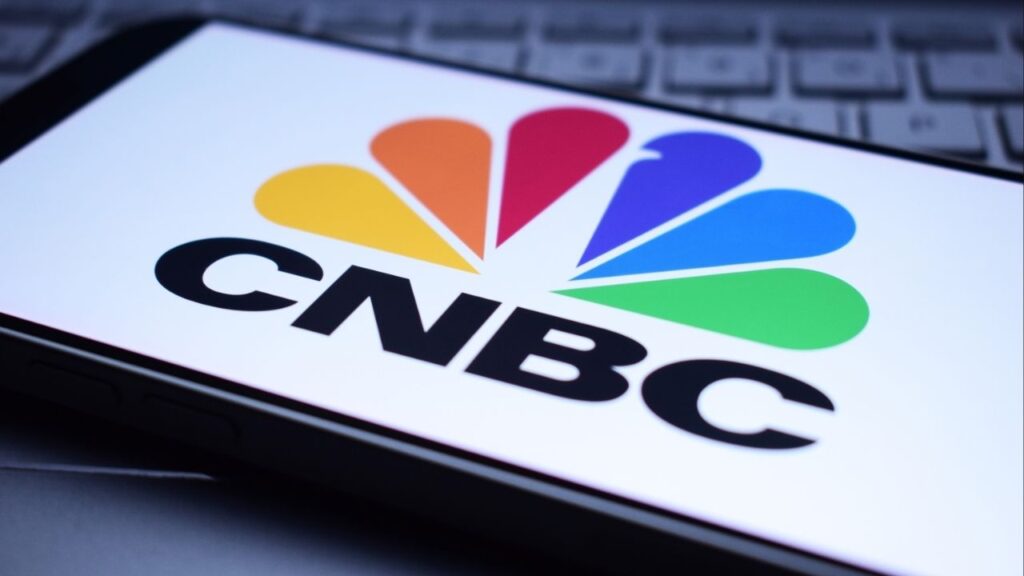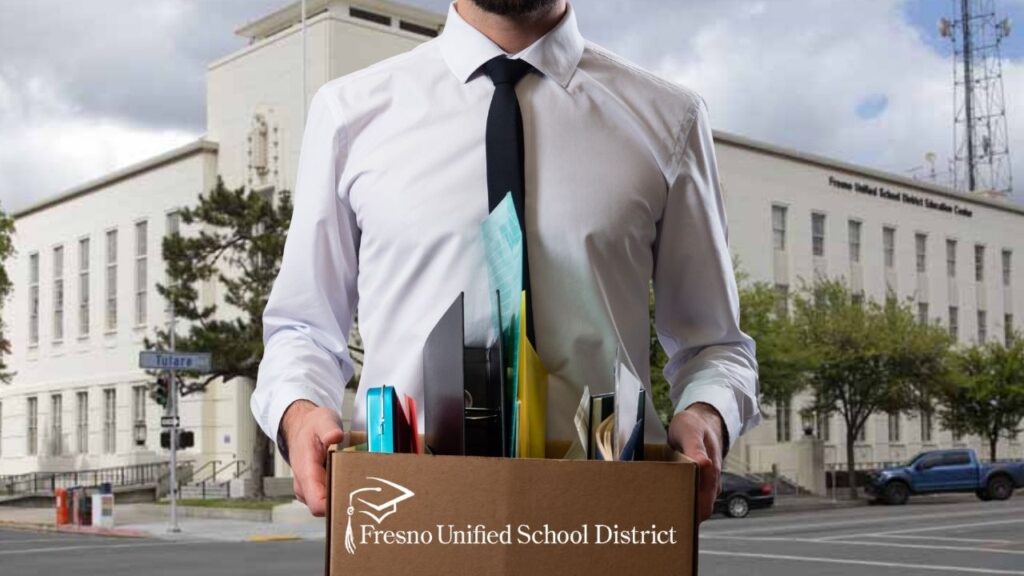Share
Phones at the Fresno State Connect Initiative have been ringing off the hook for the past four weeks, and the callers are Valley residents desperately searching for low-cost internet access.
The need for the internet became acute for many Valley households after most schools closed because of the COVID-19 pandemic. Since then, most districts have decided that schools will remain closed through the end of the school year to keep students safe from the virus, which is highly contagious.
But as state and local officials emphasized last week, school buildings may be closed, but school is still in session and kids need to keep learning even while sheltering at home.
So families are scrambling to get the internet into their homes so their children can take full advantage of lessons and online sessions with their teachers.
Less Staff, More Calls
The Fresno State Connect Initiative, with offices in the UC Merced building across the street from Fashion Fair Mall in northeast Fresno, is getting hundreds of calls daily instead of 50 or so, and that’s coming at a time when the staff is down to about a dozen workers who can still work, said project assistant Jessica Conrriquez.
Connect Initiative aims to reduce the so-called digital divide that separates those who can afford internet access and devices, and those who cannot. Not having access to the internet can limit a person’s economic opportunities.
Staff that includes bilingual speakers in English and Spanish, Hmong, or Punjabi, help callers fill out online applications so they can obtain a free modem and low-cost internet service. Without Connect Initiative, Conrriquez said, they’d be stuck on hold for four or five hours, waiting to speak to an internet service provider representative.
Who Is Eligible?
To be eligible for low-cost internet service, customers need to qualify by having a low income. People who are enrolled in Medical, receive WIC or SSI assistance, are older than 62, live in Section 8 housing, or whose children qualify for free and reduced-price meals at school typically are eligible, she said.
Connect Initiative staffers remain in touch with clients throughout the entire application process, Conrriquez said.
Depending on the company, the hook-up could take as little as a few days, she said.
“Right now, our focus is on school districts,” she said. “We know that students really need this service right now, especially because they are doing school work from home.”
It may be low-cost, but it’s not low quality, Conrriquez said. Families can connect multiple devices at the same time and not experience lagging or other issues, she said.
Because of the coronavirus crisis, many internet service providers are offering 60 days of free internet access, but customers must sign up by the end of April, she said.
Home Isolation Limits Access Options
The flurry now to get internet access at home is driven in large part because of the state directive to shelter at home, Conrriquez said. Previously Valley residents could go to libraries or other places to get free wi-fi, she said.
And residents of some ZIP codes who live in the Frontier service area, which stretches from San Joaquin County to Kern County, also may be eligible for a free Chromebook, she said.
Conrriquez said 300 more Chromebooks should be available soon.
Those ZIP codes include 93706 and 93725 (Fresno), 93292 (Visalia), 93221 (Exeter), 93620 (Dos Palos), 93662 (Selma), and 93657 (Sanger).
Contact the Connect Initiative at 855-456-9995.
Categories



















